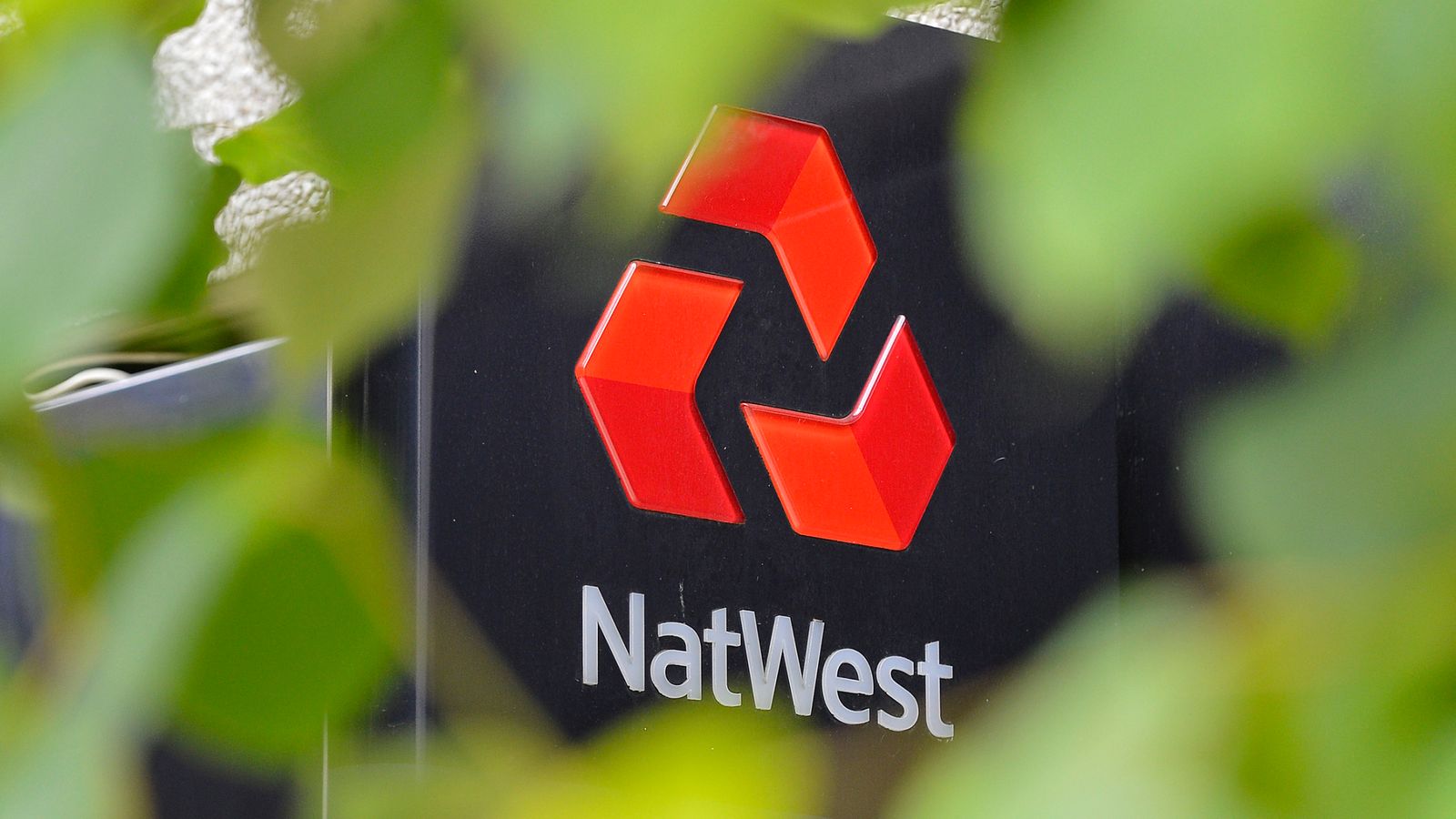The Treasury is to sell up to 15% of NatWest in a trading plan over the next 12 months as it further reduces its stake in the bank.
NatWest, previously called Royal Bank of Scotland (RBS), was bailed out by the government in a £45.5bn rescue deal during the financial crisis more than a decade ago and remains 54.7% owned by the taxpayer.
The government said that under the trading plan, to commence on 12 August, shares “will only be sold at a price that represents value for money for taxpayers”.
But it is likely to crystallise a further loss for the Treasury, which bailed out RBS at 502p a share during the financial crisis.
They closed at just under 200p on Wednesday night, before details of the latest sale were announced, giving the bank a market value of £23bn.
The government had owned more than 80% of RBS in the wake of the crisis and has gradually been reducing its stake, most recently with two share sales earlier this year.
Shares in the bank are held through UK Government Investments (UKGI).
The latest trading plan was authorised by chancellor Rishi Sunak on the advice of UKGI.
“The implementation of a trading plan represents continued progress towards the government’s plan to return this shareholding, acquired as a result of the 2007-2008 financial crisis, to private ownership,” the Treasury said.
The plan will involve selling shares in the market through appointed broker Morgan Stanley “in an orderly way at market prices over the duration of the plan”.
“Shares will only be sold at a price that represents value for money for taxpayers,” the government said.
“There is cap on the total number of shares that could be sold of 15% of the total number of NatWest Group shares being traded in the market over the 12 month duration of the plan.
“The final number of shares sold will depend on, amongst other factors, the share price and market conditions throughout its duration.”
NatWest’s return to the private sector has been a much more protracted affair than that of fellow bailed-out bank Lloyds Banking Group – with the government disposing of its last remaining stake in that bank in 2017.
The Treasury said in March that it was targeting returning the bank to full private ownership in 2026, a year later than previously planned.
Its latest announcement comes as official figures show the continuing parlous state of public finances thanks to the coronavirus pandemic – with borrowing falling compared to last year as the economy recovers but monthly interest payments on the ballooning debt pile hitting a record £8.7bn.
The crisis has also weighed on banks, including NatWest, which reported a £351m annual loss for 2020.






















